There’s been a lot of talk about antibiotic-fed chicken, contaminated fish and red meat being linked to cholesterol and even cancer. If new research is anything to go by, a diet which is 70% vegetarian can reduce the risk of dying from heart disease by almost a fifth. Scientists from London’s Imperial College followed nearly half a million people from 10 countries for about 12 years. The participants, aged 35 to 70, were asked to submit information about their food consumption, lifestyle and physical activity.
Each person was given scores based on the types of food they ate. Points were added for eating foods from these seven food groups – vegetables, fruit, cereals, potatoes, nuts, and olive oil. While points were deducted for consuming animal food groups – meats, animal fats, eggs, fish, and other seafood or dairy products. They also took into consideration other influencing factors including age, gender, daily calorie intake, body mass index (BMI) and smoking status. Based on their scores, participants were placed in different categories, ranging from the least to the most pro-vegetarian.
Finally, death rates from heart disease were compared. Their findings conclude that ‘pro-vegetarians’ who obtained almost 70% of their food from plant-based sources had a 20% less risk of dying from heart disease than those who followed a diet where only 45% comprised of plant products.
“Meats contain dietary cholesterol and saturated fats which are directly linked to the risk of heart disease. Being a vegetarian, you are curtailing cholesterol right at the source. A vegetarian diet is free from both these markers and is therefore a better choice for those who are susceptible to develop heart disease,” explains Dr. Shalini Singhal.
A lot of research published in the Journal Heart has shown that Asian Indian families may have genetic predisposition to coronary artery disease. The Illinois-based CADI (Coronary Artery Disease among Asian Indians) found that during the past 30 years, the average age of first heart attacks has decreased by 10 years in India.
“Meats contain no fibre which is a protective factor in heart disease. Lack of fibre can also cause constipation and even lead to colon cancer,” adds Dr. Ritika Samaddar from Max Healthcare Saket in New Delhi.
Scientists from University of Cambridge cast a doubt over the iron content in red meat. According to them, heme-iron (that is obtained from iron products) is absorbed at a much greater rate in comparison to plant-based iron (37 percent versus five percent). Once absorbed, it may contribute as a catalyst in the oxidation of LDLs (Low-density lipoprotein or bad cholesterol) and cause tissue inflammation which is a risk factor for coronary heart disease.
With none of the saturated fat and cholesterol that clogs arteries, some of the previous studies also indicate that vegetarian diets could be used to lower blood pressure. “Meats are loaded with proteins, iron and vitamin B12, but these can be derived from a vegetarian diet too. A good combination of soybeans, cereals, pulses and green leafy vegetables can help you balance your diet. The plus point is that they hydrate your body and also provide the fill of fibre required. Similarly Vitamin B12 can be derived from milk and milk products.” suggests Dr. Shalini.

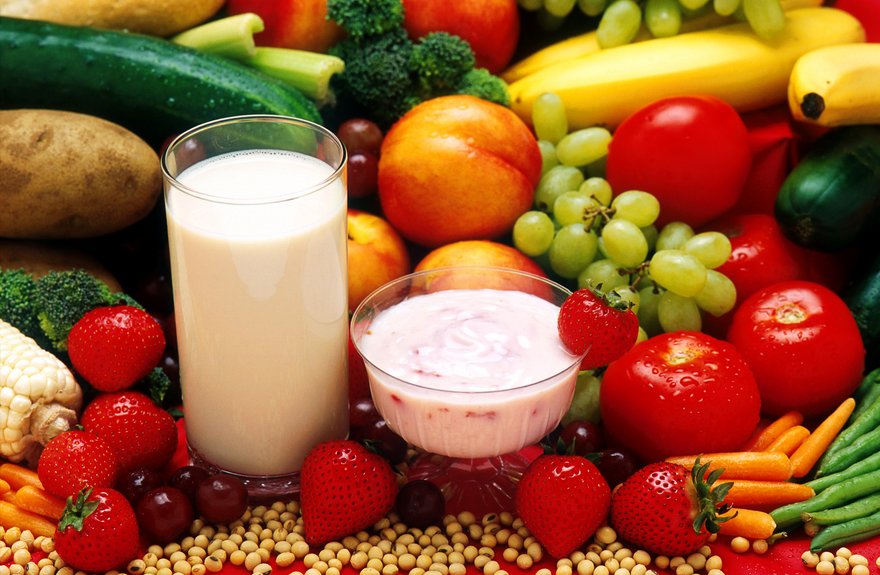
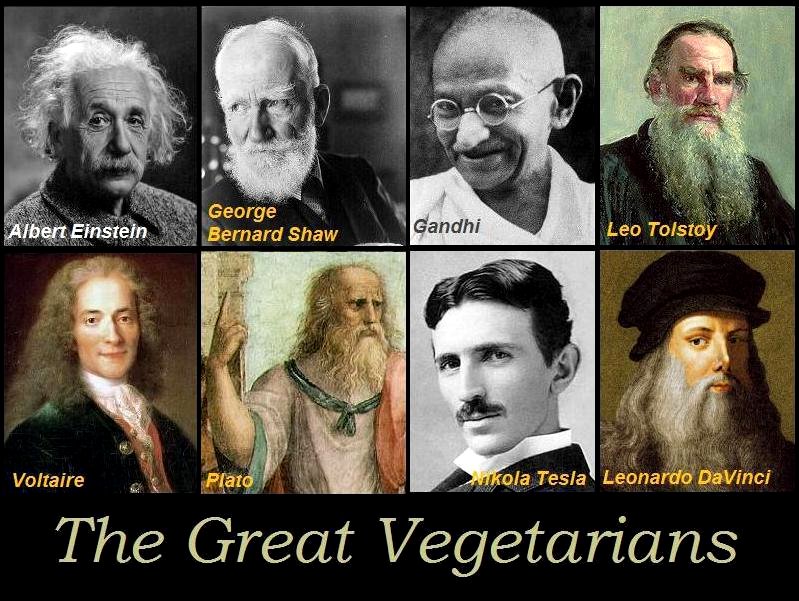
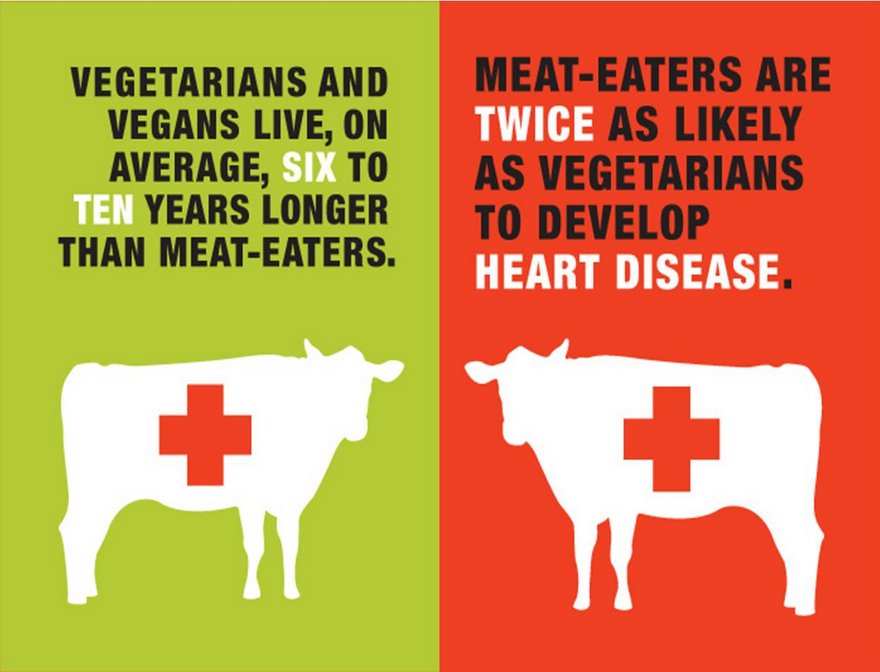
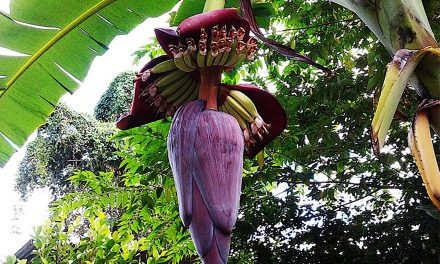


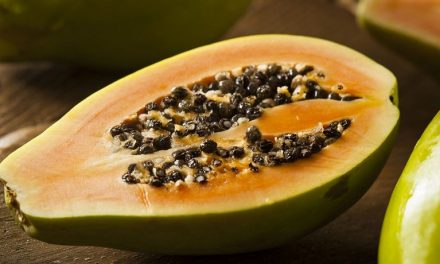





Very informative. Born and brought up in a Brahmin family we used to squat on floor and eat. But as we moved out for education, staying in hostels etc., lost the habit. Most of us are totally ignorant of these practices based on scientific facts. Large population should benefit from such information. Will have to think of ways to do this